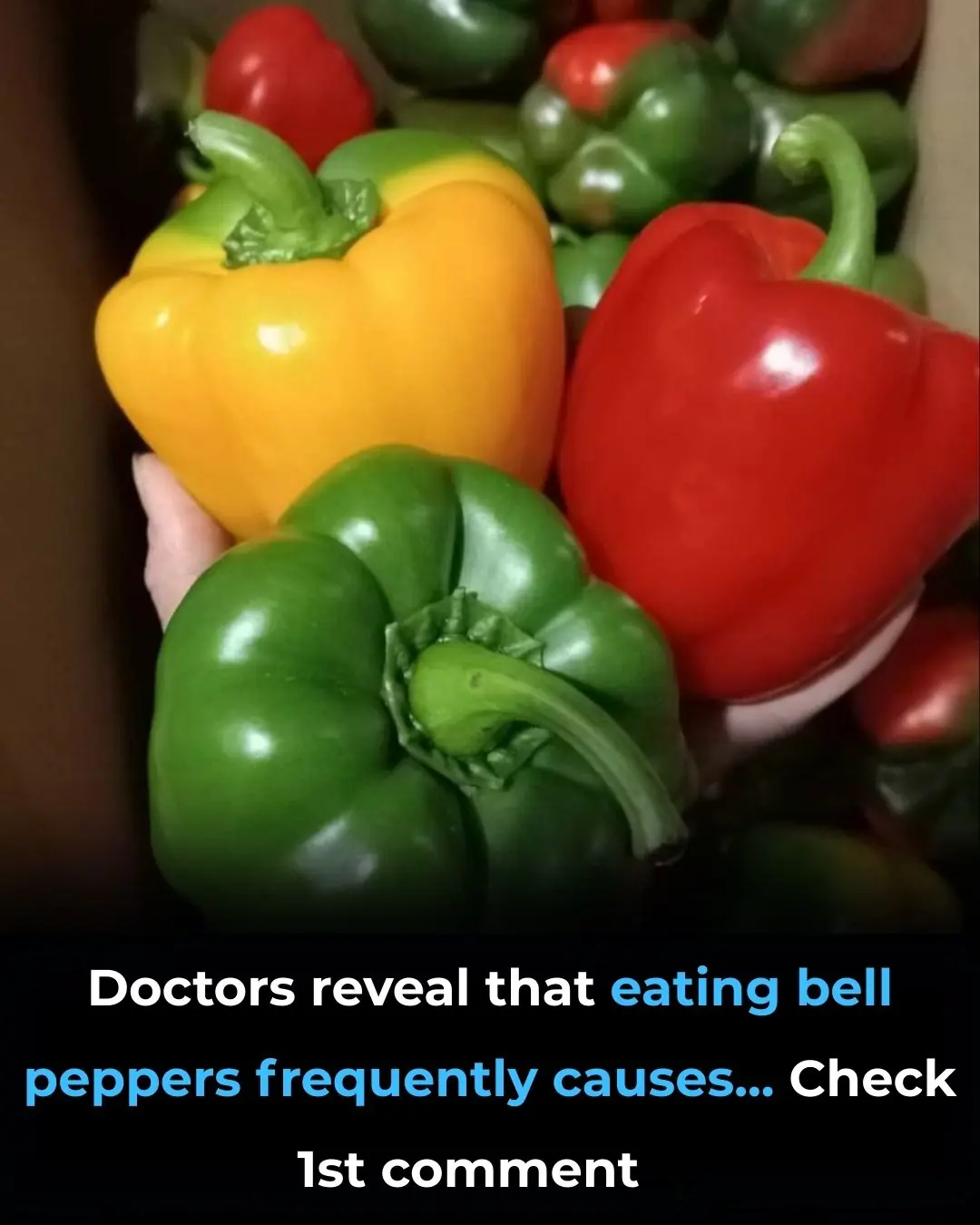
10 signs you’re eating too much sugar
Sugar is everywhere in modern diets—from obvious sources like desserts to hidden ones like salad dressings, breads, sauces, and even “healthy” snacks. While the occasional sweet treat isn’t a problem, consistently eating too much sugar can quietly affect your body in ways you might not notice at first. Over time, these subtle signs can turn into serious health concerns.
In this expanded guide, we’ll explore 10 signs that your sugar intake may be too high, how sugar disrupts key systems in your body, and why paying attention to these symptoms can help you take back control of your health.
Key Takeaways
-
Excess sugar desensitizes taste buds, making you crave sweeter foods.
-
High sugar intake fuels acne, weight gain, inflammation, and weak immunity.
-
Tracking blood markers such as glucose, insulin, and A1C offers an early warning system.
1. Your Taste Buds Become Dull
One of the earliest clues that you’re consuming too much sugar is that your taste buds become less sensitive. The more sugar you eat, the more your brain adjusts to that level of sweetness. Suddenly:
-
Vegetables taste bitter
-
Fruit tastes “not sweet enough”
-
Regular meals feel bland
-
You crave more intense flavors
For example, in the U.S., many hamburger buns contain so much sugar they taste more like soft cake than bread. When your taste buds adapt to high sweetness levels, everyday foods seem boring—pushing you to eat even more sugar. This creates a cycle that’s difficult to break without intentional effort.
2. You Constantly Crave Sweets
If you feel pulled toward sugar all day long, it’s a major red flag. Sugar activates dopamine—the brain’s “reward” chemical—similar to the way addictive substances work. Over time, your brain becomes wired to seek sugar whenever you feel:
-
Stressed
-
Bored
-
Tired
-
Emotional
For many people, this pattern started in childhood, when sweets were used as rewards or comfort. Those emotional associations can last for decades, making it tough to resist cravings even when you know sugar isn’t serving your health.
3. Skin Breakouts and Premature Aging
Your skin reflects what’s happening inside your body. If you’re eating too much sugar, several things can show up on your face:
Acne:
Sugar feeds harmful bacteria and promotes inflammation, often leading to breakouts—especially around the chin and jawline.
Premature aging:
Sugar contributes to advanced glycation end products (AGEs)—molecules that break down collagen and elastin. This accelerates:
-
Wrinkles
-
Sagging skin
-
Loss of firmness
So excessive sugar doesn’t just cause breakouts—it can also make your skin look older than it actually is.
4. Muscle and Joint Pain
If your muscles or joints regularly ache—even without injury—your sugar intake might be part of the problem. High sugar levels trigger systemic inflammation, which can worsen conditions like:
-
Arthritis
-
Tendonitis
-
General body stiffness
Instead of relying solely on pain relievers, addressing the root cause (inflammation from sugar) can bring longer-lasting relief. For some people, cutting sugar dramatically reduces chronic pain.
5. Tooth Decay and Dental Problems
Few things damage your teeth faster than sugar. Sugar feeds oral bacteria, which produce acids that wear down enamel and cause cavities. People who cut back on sugar almost always see fewer dental issues over time.
If you’ve started noticing:
-
More cavities
-
Sensitivity
-
Gum irritation
-
Plaque buildup
…your diet might contain more sugar than you realize. Even “healthy” foods like granola bars or flavored yogurts can pack several teaspoons of hidden sugar.
6. Unexplained Weight Gain — Especially Belly Fat
Sugar doesn’t just add calories—it disrupts your hormones. When you consume sugary foods, your blood sugar spikes and your body releases insulin to bring levels back down. Over time, this can lead to insulin resistance, making it harder to burn fat and easier to store it.
If you’re struggling with:
-
Belly fat
-
Slow metabolism
-
Constant hunger
-
Energy crashes
…it may be your body signaling that your sugar intake is too high.
7. Frequent Colds, Flu, and Slow Healing
Sugar can directly weaken your immune system. High levels of glucose interfere with white blood cell function, making it harder for your body to fight infections.
Sugar also competes with vitamin C for transport into cells. So if you’re consuming a lot of sugar, your immune system may not be getting the vitamin C it needs—even if you eat plenty of fruits or take supplements.
If you often:
-
Catch colds
-
Recover slowly
-
Feel run down
…it may be time to evaluate your sugar intake.
8. Bloating and Digestive Issues
Too much sugar can disrupt the delicate balance of bacteria in your gut. This imbalance—called dysbiosis—can lead to:
-
Bloating
-
Gas
-
Constipation
-
Diarrhea
-
Reflux
Certain sugars, especially fructose, ferment quickly in the gut, causing discomfort. If your stomach often feels swollen or tight after eating, hidden sugars might be the culprit.
9. Mood Swings, Anxiety, and Irritability
Sugar doesn’t just affect the body—it affects the mind. The rapid spikes and crashes in blood sugar can lead to:
-
Irritability
-
Anxiety
-
Fatigue
-
Difficulty concentrating
Many people experience a “sugar high” followed by a sharp crash, which can leave them feeling shaky, emotional, or mentally foggy. These fluctuations can be exhausting and may even mimic symptoms of depression.
10. Rising Blood Markers — Glucose, A1C, and Insulin
One of the clearest signs you’re overeating sugar is when your blood markers start creeping upward. Even if you feel healthy, your numbers may be telling a different story.
Watch for increases in:
-
Fasting glucose
-
A1C (3-month blood sugar average)
-
Fasting insulin
-
Triglycerides
These markers reveal how well your body is handling sugar. Elevated levels are early warning signs of metabolic issues like prediabetes, insulin resistance, and future cardiovascular concerns.
Conclusion: Your Body Is Talking — Are You Listening?
Recognizing the signs of excessive sugar intake can help you take meaningful steps toward better health. Whether you’re experiencing cravings, breakouts, bloating, mood swings, or rising blood markers, your body may be signaling that it’s time to cut back.
Reducing sugar doesn’t mean giving up all sweetness—it means making intentional choices, understanding hidden sugar sources, and supporting your body with more nourishing foods.
By staying mindful of how sugar affects you, you can improve your:
-
Mood
-
Energy
-
Skin
-
Immunity
-
Weight
-
Long-term health
A healthier lifestyle begins with awareness—and every small change makes a difference.
News in the same category


Doctors reveal that consuming pumpkin causes in...

Should you eat sprouted potatoes or not?
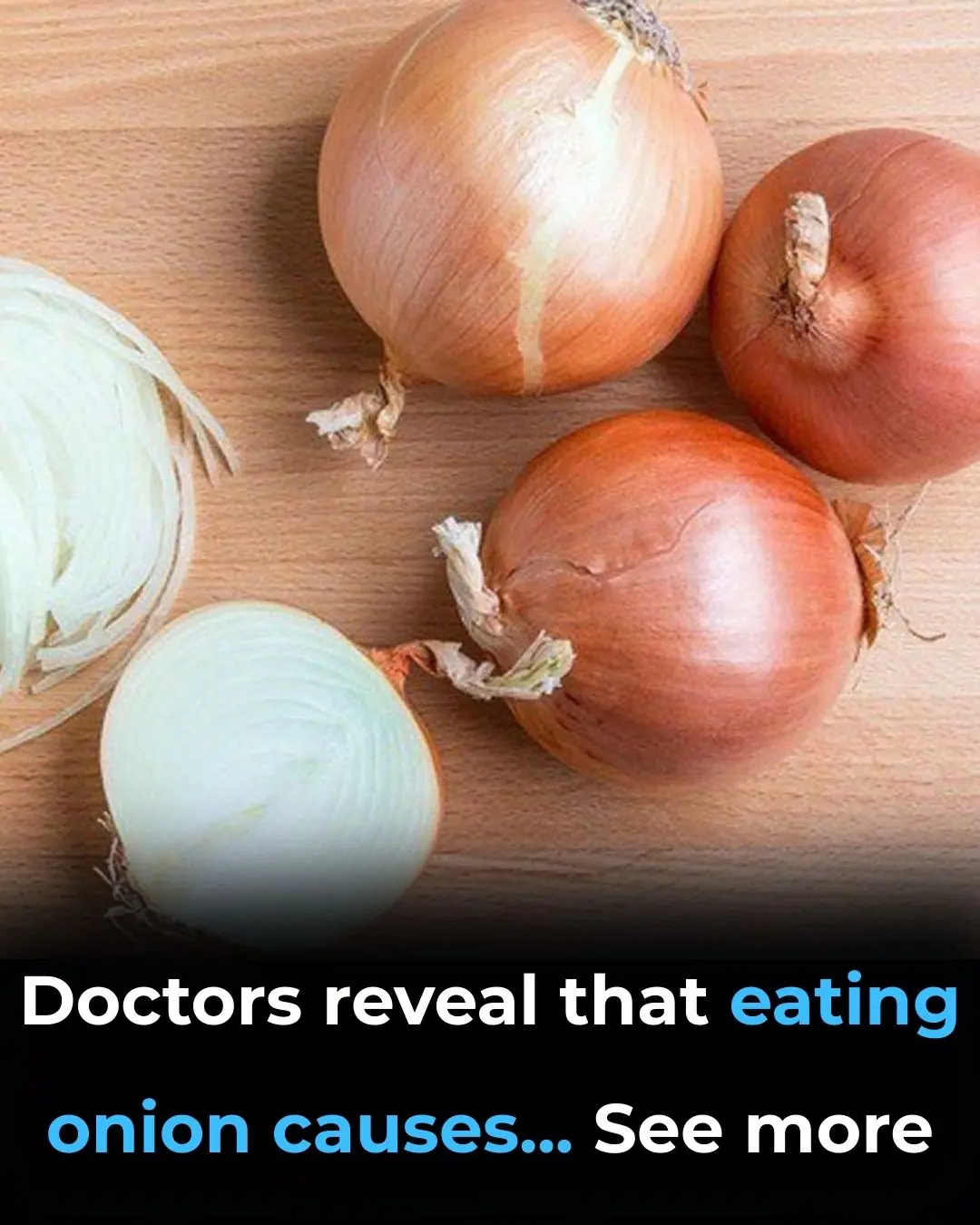
Doctors reveal that eating onion causes...
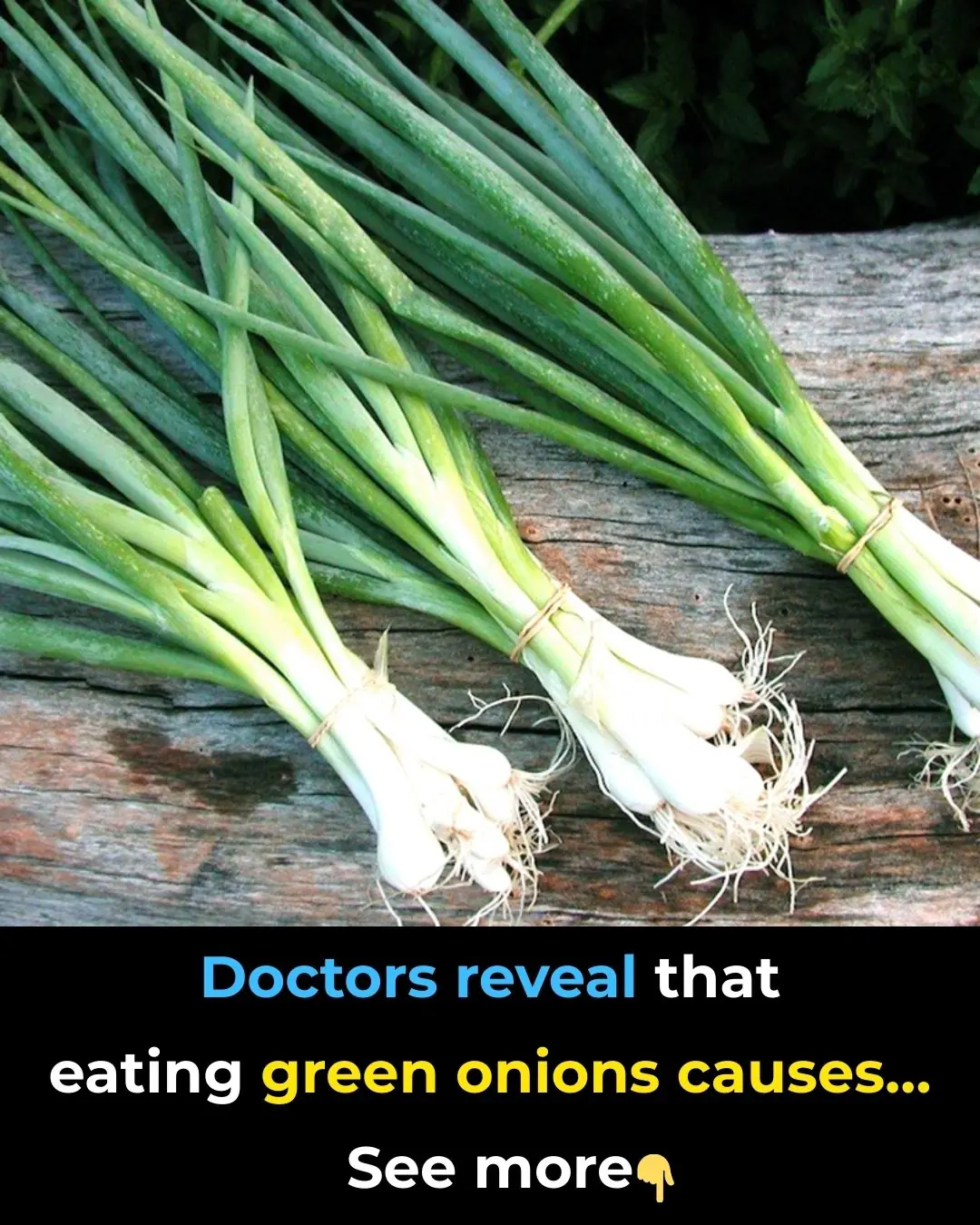
Doctors reveal that eating green onions causes …See more

What Really Happens to Your Body When You Sit Too Much

Natural Healing at 60: The Banana Peel, Poleo & Turmeric Drink That Changed My Life

Red Onion Revolution: 3 Irresistible Rituals for Explosive Hair Growth & Thickness

Lemongrass–Guava Leaf Tea: 13 Powerful Benefits You Need to Know

🏠 8 Household Items That Could Be Affecting Your Health (And How to Check Them Safely at Home)
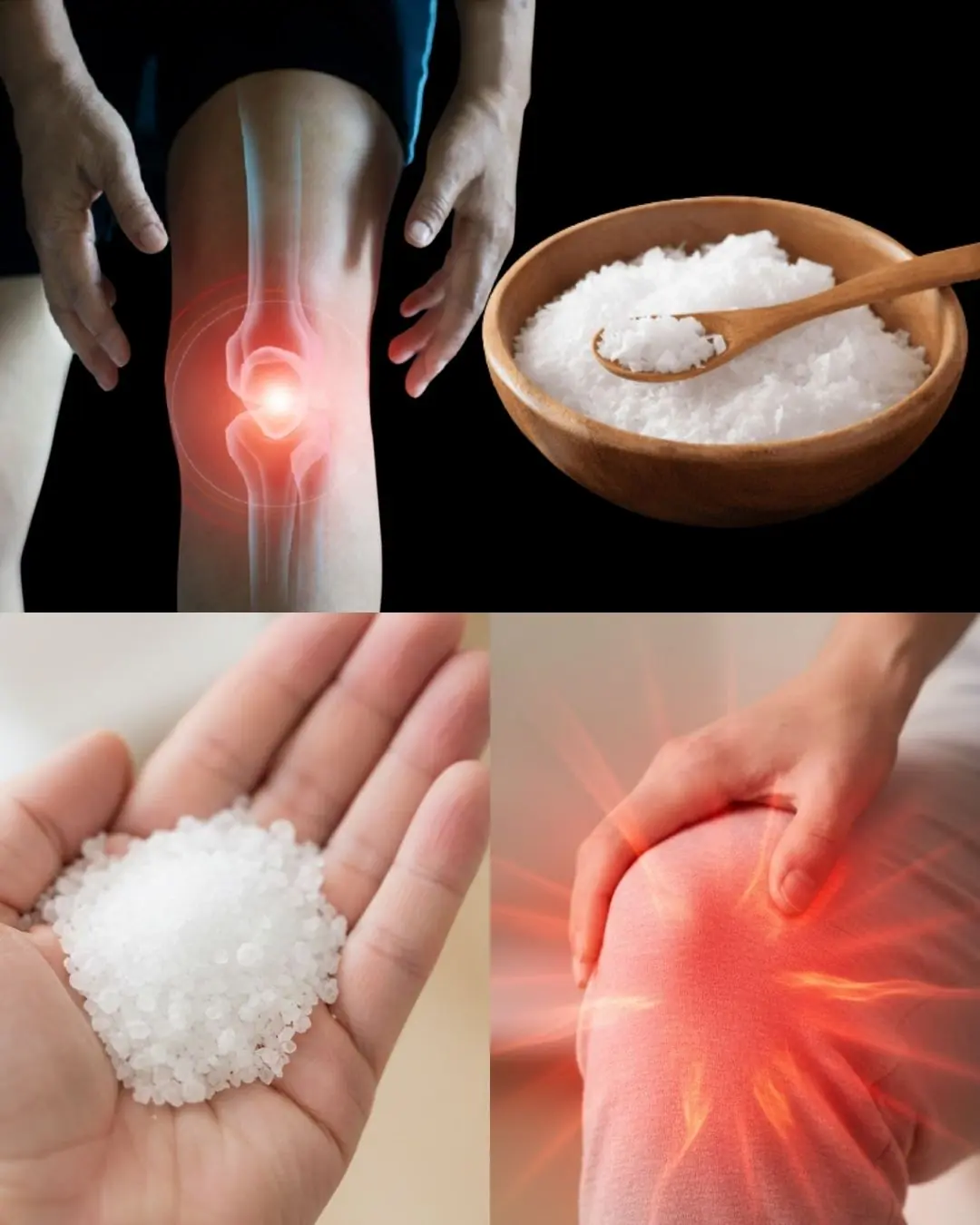
Red Bumps That Look Like Goosebumps
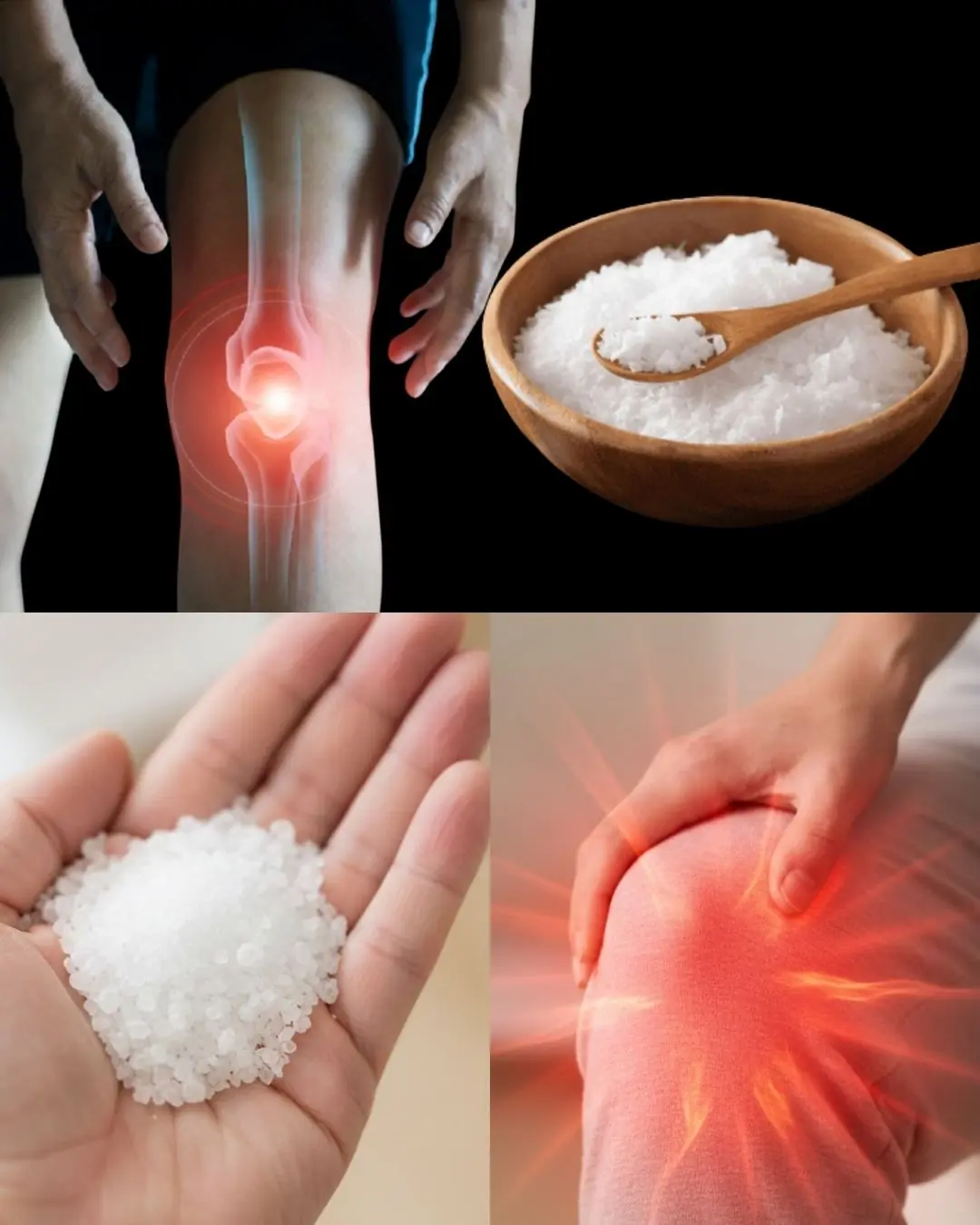
Forget Knee Pain! A Simple Home Remedy with Sea Salt Doctors Don’t Talk About

What Happens After 15 Minutes?

🚨 Recurrent Yeast Infections? STOP Doing These Things Immediately!
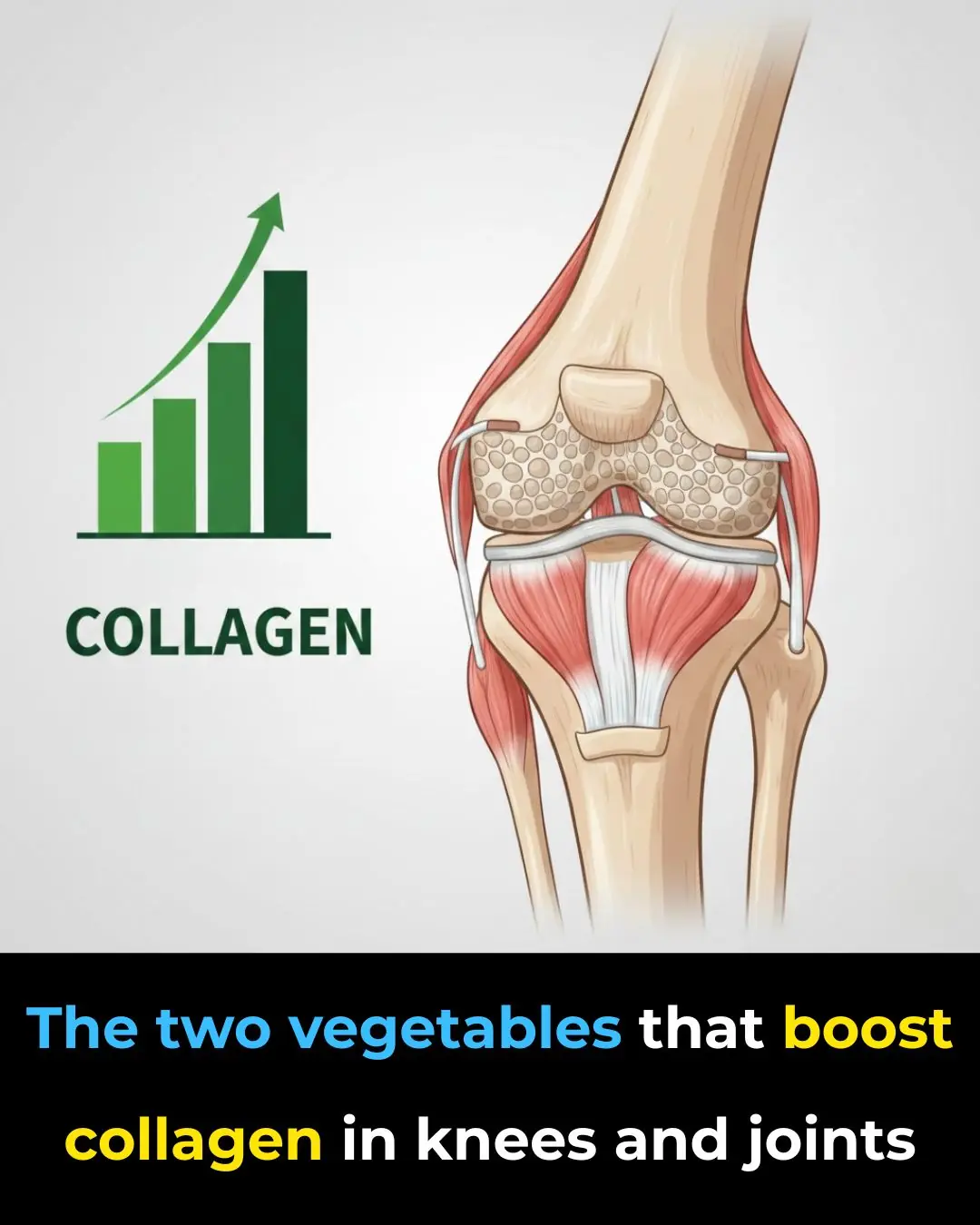
Doctors Are Amazed: Two Vegetables That Boost Collagen in the Knees and Relieve Joint Pain

Doctors warn 5 everyday habits are slowly killing your kidneys
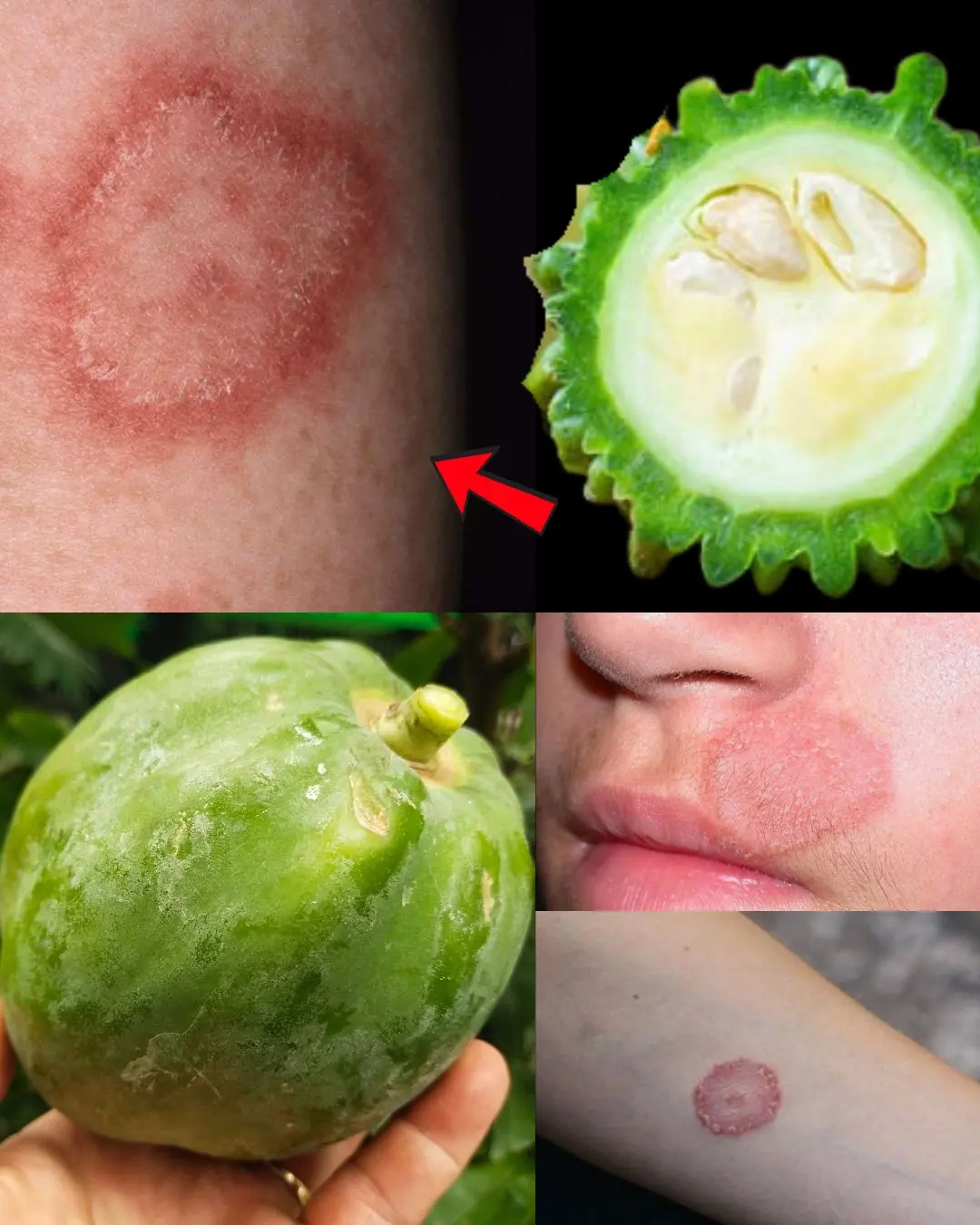
9 Powerful Home Remedies to Eliminate Fungal Infections (Daad, Khaj, Khujli) Naturally and Fast

Longevity doctor who ‘reversed his biological age’ shares advice for people over 30

Tea for Swollen Legs: A Natural Remedy for Water Retention and Poor Circulation
News Post

“Do You Even Know What a Piano Is?” He Laughed.

The Child Who Spoke the Truth and the Woman Who Finally Won

I was waiting for the final kick to my ribs. Instead, I heard the sound of a bone breaking.

He Went Outside to Stop a Stray. He Found a Baby.

Henbit (Lamium amplexicaule): Identification, Benefits, and Homemade Uses

12 Benefits of Bull Thistle Root and How to Use It Naturally

Wild Lettuce Root – Benefits, Uses, and Natural Pain Relief Properties

Chanca Piedra Tea: Benefits, Uses, and How to Prepare Stone Breaker Tea Naturally

Tulsi Oral Health Benefits: Natural Protection Against Cavities, Gum Issues & Bad Breath

Unlock Crystal-Clear Vision with Cuban Oregano: Natural Eye Remedies That Transform Your Sight

They Threw Trash at the Orphan Girl in the Gym. Then Her Father Walked In, and Nobody Laughed Again.

Doctors Reveal That Eating Bell Peppers Frequently Causes..

Doctors reveal that consuming pumpkin causes in...

Should you eat sprouted potatoes or not?

Doctors reveal that eating onion causes...

Doctors reveal that eating green onions causes …See more

What Really Happens to Your Body When You Sit Too Much

Teen Slaps Girl at Skate Park—Her Dad Was Right There

Player Hits Cheerleader During Game—Then Learns Who Her Dad Is
